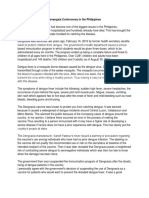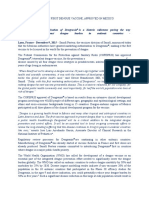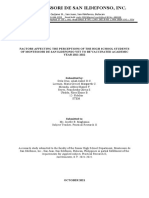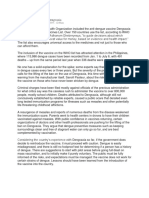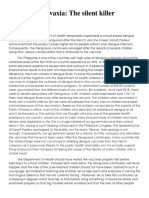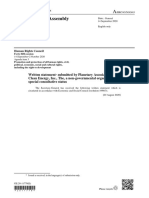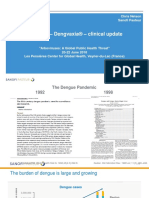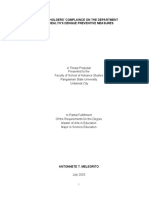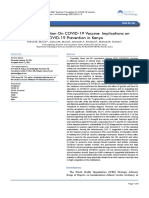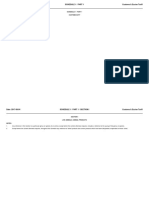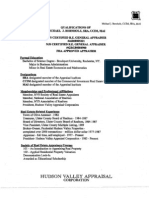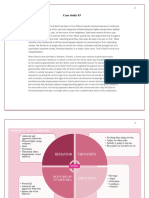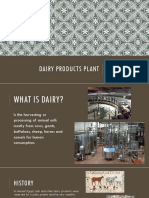0% found this document useful (0 votes)
7 views9 pagesChapter 1 Research
This undergraduate thesis investigates the perceptions of Grade 10 students at the Great Plebeian College regarding the effects of the Dengvaxia vaccine. It aims to assess students' awareness, perceived dangers, advantages, disadvantages, and implementation challenges associated with the vaccine, amidst the backdrop of a public health controversy in the Philippines. The study is significant for various stakeholders, including school administrators, government organizations, teachers, students, parents, and future researchers.
Uploaded by
Angelica SameloCopyright
© © All Rights Reserved
We take content rights seriously. If you suspect this is your content, claim it here.
Available Formats
Download as DOCX, PDF, TXT or read online on Scribd
0% found this document useful (0 votes)
7 views9 pagesChapter 1 Research
This undergraduate thesis investigates the perceptions of Grade 10 students at the Great Plebeian College regarding the effects of the Dengvaxia vaccine. It aims to assess students' awareness, perceived dangers, advantages, disadvantages, and implementation challenges associated with the vaccine, amidst the backdrop of a public health controversy in the Philippines. The study is significant for various stakeholders, including school administrators, government organizations, teachers, students, parents, and future researchers.
Uploaded by
Angelica SameloCopyright
© © All Rights Reserved
We take content rights seriously. If you suspect this is your content, claim it here.
Available Formats
Download as DOCX, PDF, TXT or read online on Scribd
/ 9

















